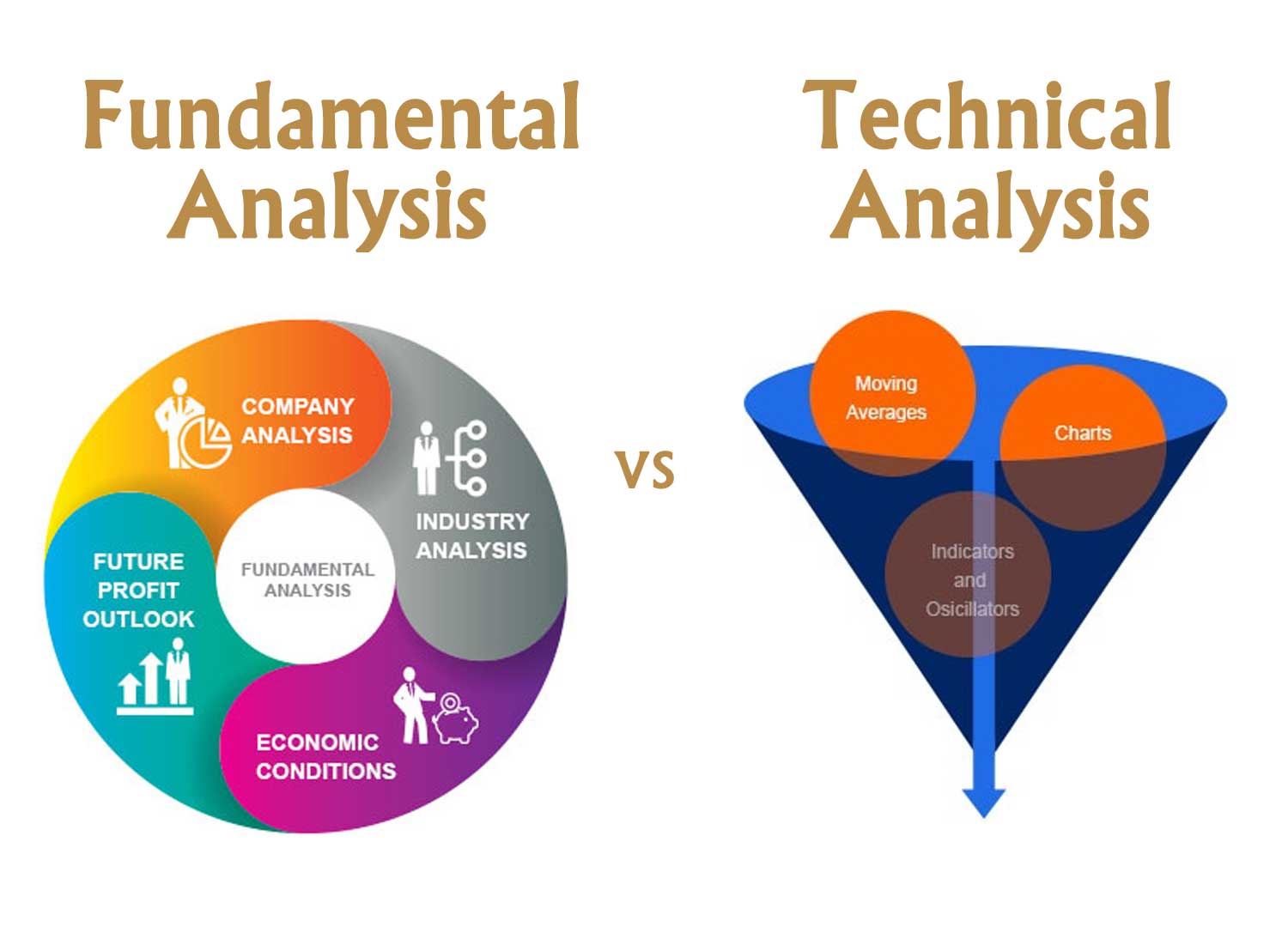1.Treasury Bills (T-bills)
T-bills are short-term debt securities issued by the government to finance its operations. They have a maturity of one year or less and are considered low-risk investments.
2.Commercial Paper
Commercial paper represents short-term unsecured promissory notes issued by corporations to meet their short-term financing needs. They are typically sold at a discount to their face value and mature within 270 days.
3.Mortgage-Backed Securities (MBS)
MBS are created when a pool of mortgages is bundled together and sold to investors. They provide investors with a claim on the cash flows generated by the underlying mortgage loans.
4.Warrants
Warrants are financial instruments that give the holder the right to buy a specific number of shares at a predetermined price within a specified period. They are often issued by companies alongside other securities (such as bonds) and can be traded separately.
5.Treasury Notes and Bonds
Treasury notes and bonds are longer-term debt securities issued by the government to finance its operations. They have maturities ranging from 2 to 30 years and pay periodic interest to investors.
6.Certificates of Deposit (CDs)
CDs are time deposits offered by banks and financial institutions. They have fixed terms and pay higher interest rates than regular savings accounts. The investor agrees to keep the funds deposited for a specific period in exchange for the interest earned.
7.Commercial Real Estate Investment Trusts (REITs)
REITs are companies that own or finance income-generating real estate properties. They allow investors to gain exposure to real estate assets without directly owning and managing properties. REITs distribute a significant portion of their income to shareholders as dividends.
8.Structured Products
Structured products are complex securities that combine multiple financial instruments into a single investment. They are designed to provide customized risk and return profiles. Examples include collateralized debt obligations (CDOs) and asset-backed securities (ABS).
9.Foreign Exchange (Forex)
Forex trading involves the buying and selling of currencies. Participants in the forex market aim to profit from fluctuations in exchange rates between different currencies.
10.Asset-Backed Securities (ABS)
ABS are financial instruments backed by a pool of underlying assets such as loans, leases, or receivables. These securities represent the cash flows generated by the underlying assets and are often divided into different tranches with varying levels of risk and return.
11.Unit Investment Trusts (UITs)
UITs are investment vehicles that pool money from investors to purchase a fixed portfolio of securities. UITs have a specified termination date and are structured as unmanaged, meaning the portfolio is not actively traded or adjusted after its creation.
12.Venture Capital
Venture capital involves providing funding to early-stage, high-potential companies in exchange for equity ownership. Venture capitalists often take an active role in supporting the growth and development of the invested companies.
13.Real Estate Investment Trusts (REITs)
REITs are companies that own, operate, or finance income-generating real estate properties. They are traded on stock exchanges and allow investors to gain exposure to real estate assets.
14.Cryptocurrencies
Cryptocurrencies are digital or virtual currencies that use cryptography for security. Examples include Bitcoin, Ethereum, and Litecoin. Cryptocurrencies are typically decentralized and operate on blockchain technology.
(Note:some of these may not be legal contracts in your country. Please consult your financial adviser for further information or cross check from regulatory body website.)









